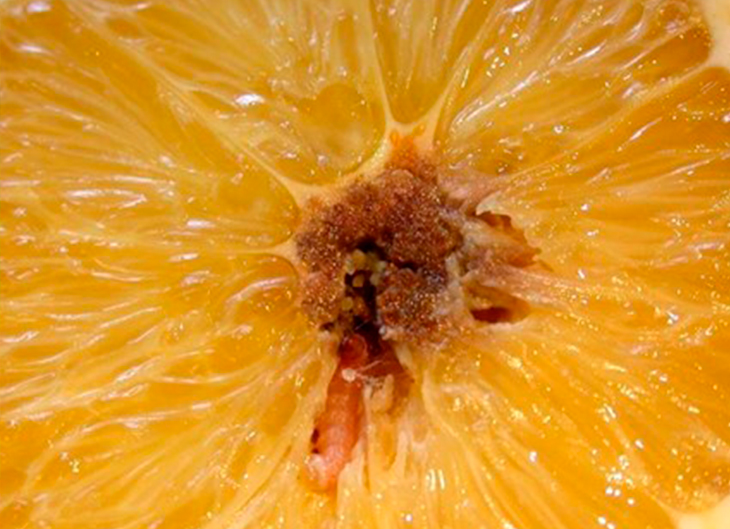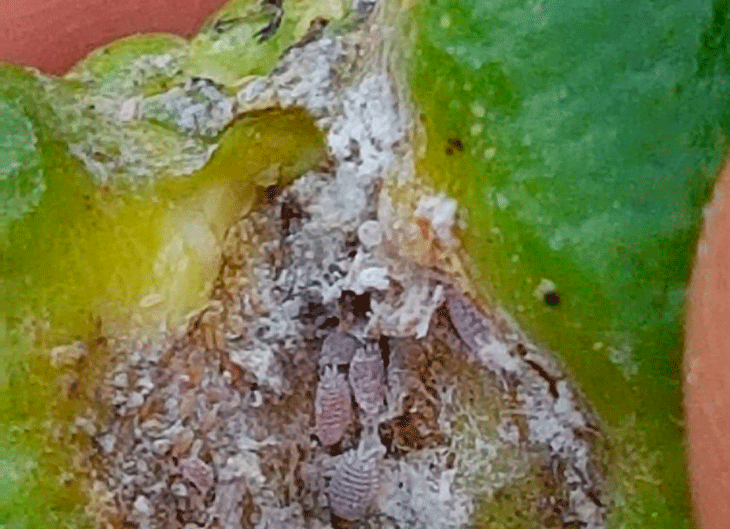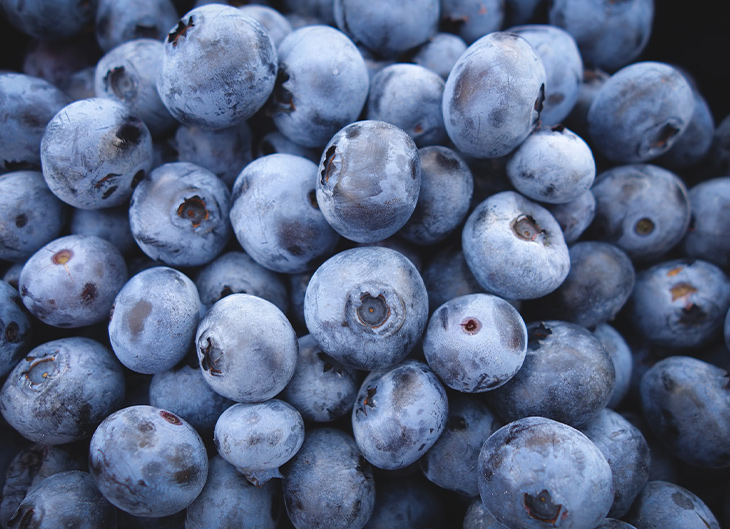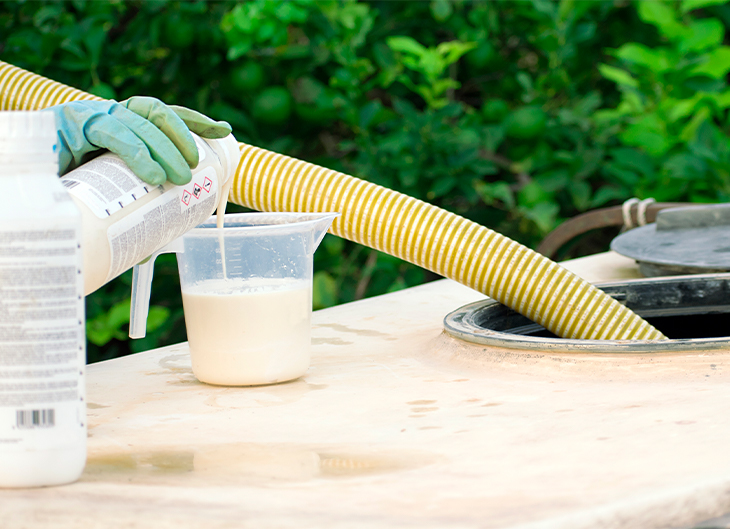
New Regulation (EU) 2018/848 on organic production and labelling of organic products: Main developments
The new Regulation (EU) 2018/848 of the European Parliament and of the Council of 30 May 2018 on organic production and labelling of organic products and repealing Council Regulation (EC) No 834/2007 will apply from 1 January 2022.
The application of Regulation 2018/848 was initially scheduled for January 1, 2021 but taking into account the magnitude of the COVID-19 pandemic and the consequences in various areas that this has caused, it was appropriate to postpone the date of application of said Regulation. Likewise, this extension on the date of application would serve to “guarantee the proper functioning of the organic production sector, provide legal certainty and avoid possible market disturbances”.
In order for control authorities and control bodies and certified operators in third countries to have more recovery time and to prepare for the new rules established by Regulation (EU) 2018/848, the EU has also informed that the recognition of these will be extended until the end of 2024 (31 December).
This new Regulation brings a series of novelties among which the following stand out:
- •Imported products must meet exactly the same certification conditions as organic farmers in the EU.
- •Exemptions for production in demarcated beds in greenhouses shall be phased out.
- •For the organic production sector, among which the following stand out:
- •Expansion of new certifiable products such as vine leaves and palm hearts.
- •For each product category the operator can only contract the services of a Certification Body.
- •Certification will be made easier for small farmers thanks to a new group certification system for those who meet a number of requirements defined by the new Regulation. This makes it possible to simplify administrative procedures, as well as reduce the economic cost of the certification process.
- •New plant reproductive material is recognized as homogeneous material.
- •Affects the obligatory nature of multi-year crop rotations by compulsorily incorporating legumes.
- •The control system is strengthened through stricter preventive measures and rigorous controls throughout the supply chain.
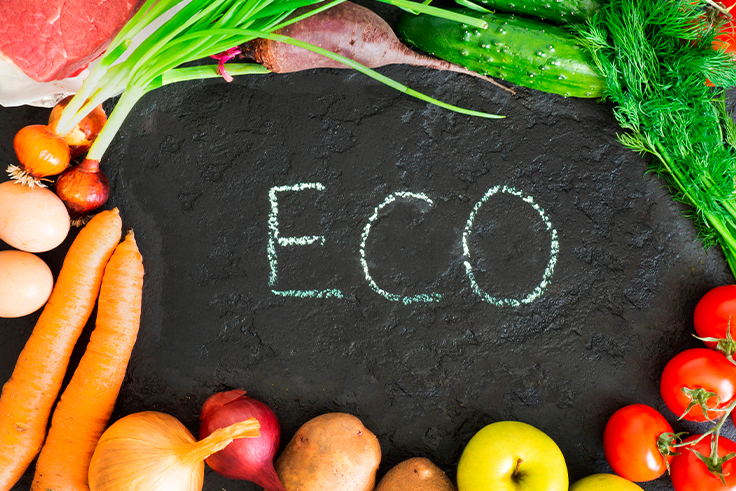
In general, it is established that the use in organic farming of certain products or substances as active substances for use in plant protection products falling within the scope of Regulation (EC) No 1107/2009, as well as in fertilisers, soil conditioners, nutrients, non-organic components of animal feed of various origins, additives for animal feed, Technological aids and cleaning and disinfection products are limited to a minimum and are subject to the specific conditions laid down in this Regulation.
- •With regard to soil fertilisation, this Regulation establishes that in organic plant production, tillage and cultivation practices will be used to maintain or increase soil organic matter, reinforce soil stability and biodiversity, and prevent soil compaction and erosion.
- •Regarding the management of pests and weeds, it is established that the prevention of damage caused by pests and weeds will be based mainly on protection through: natural enemies, choice of species, varieties and heterogeneous materials, crop rotation, cultivation techniques such as biofumigation, mechanical and physical methods, and thermal processes such as insolation and in the case of protected crops, the shallow treatment of the soil with steam (with a maximum depth of 10 cm).
One of the highlights of this Regulation concerns the “Presence of unauthorised substances” to ensure that organic food is not contaminated by unauthorised plant health substances or fertilisers.

